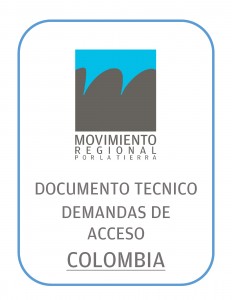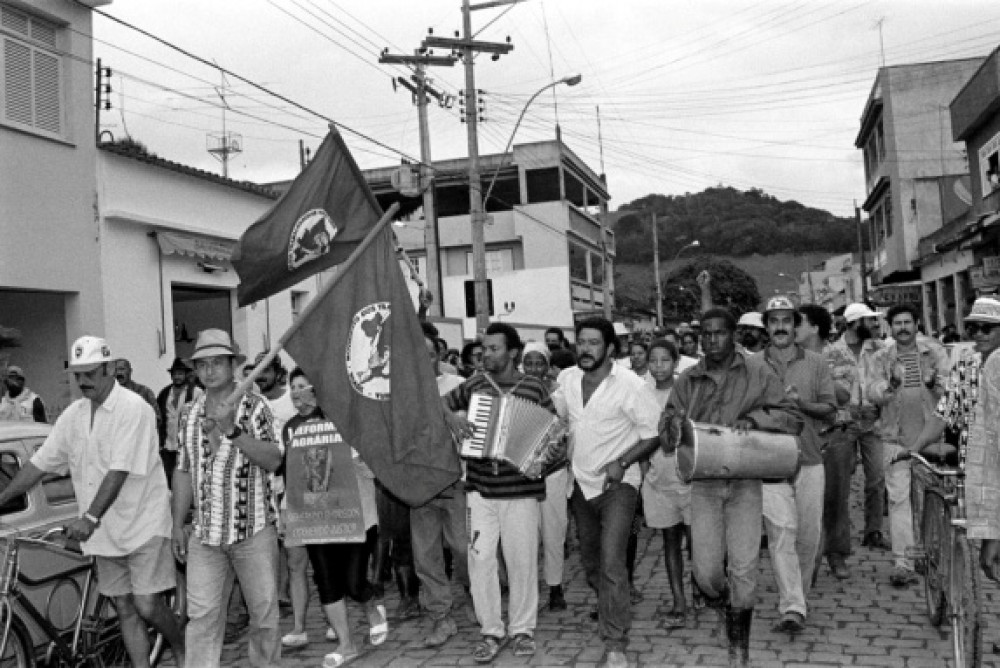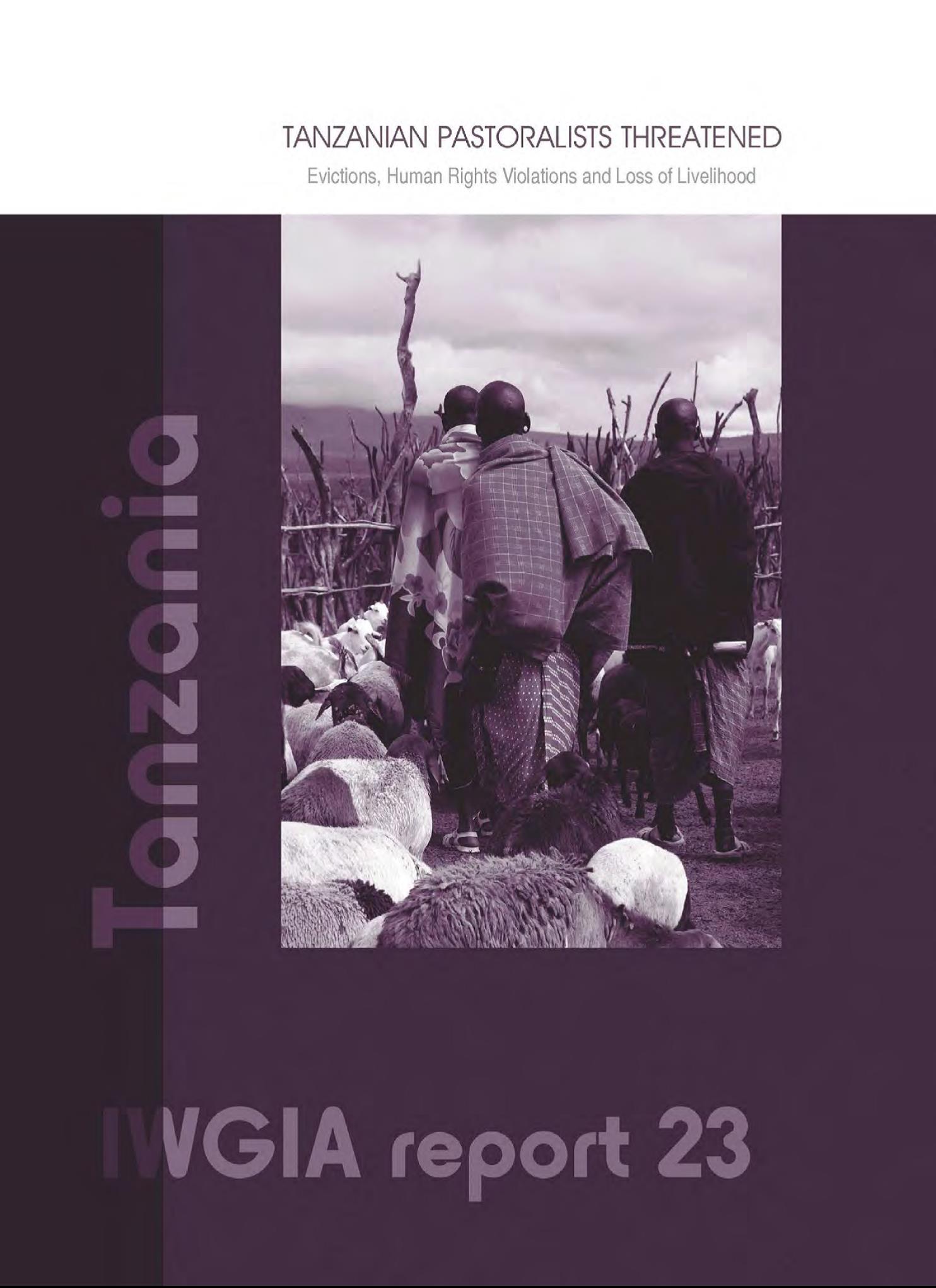Improved Agricultural Technology Adoption in Zambia
The use of modern seed varieties and other improved technologies is essential for farmers to significantly increase their crop harvest and improve their livelihoods. All over Sub-Saharan Africa, agriculture productivity growth has remained very low over many decades irrespective of gender of the farmer. However, studies have shown that women farmers fare worse than the male counterparts in terms of adoption of improved technology and productivity.







